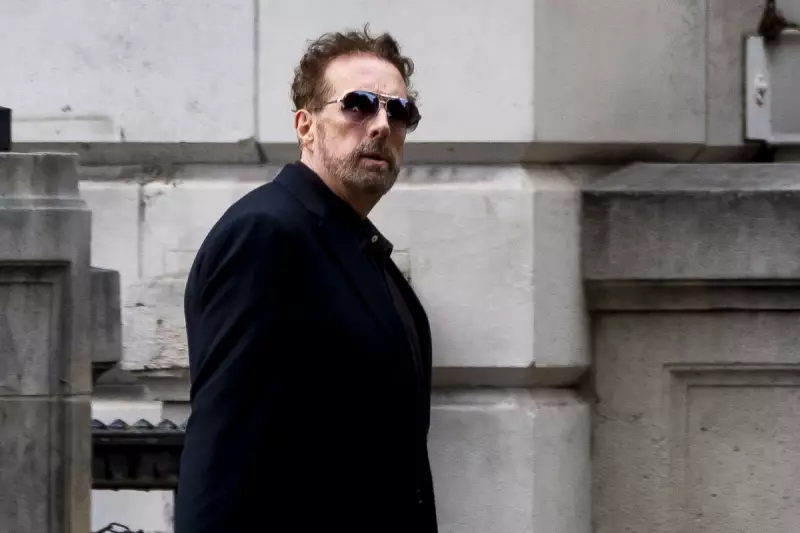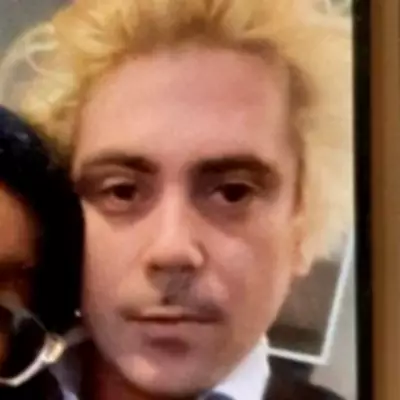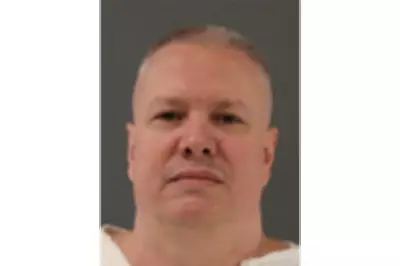
The sexual offences trial of Christopher Brain, the former leader of a radical 1980s church group in Sheffield, has ended abruptly without a verdict after the jury was discharged.
Brain, the 67-year-old founder of the controversial Nine O'Clock Service, had faced 19 charges relating to six complainants. The allegations included indecent assault and one count of rape, all said to have occurred between 1981 and 1985.
His Honour Judge Jeremy Richardson KC took the exceptional step of discharging the jury at Sheffield Crown Court on Tuesday. The decision brings the complex and lengthy trial to a sudden halt, leaving the allegations unresolved in a court of law.
The Rise and Fall of the Nine O'Clock Service
Brain's group, the Nine O'Clock Service (NOS), began as an innovative and charismatic Christian outreach project in Sheffield. It quickly gained a reputation for its avant-garde approach, blending rock music, light shows, and ecological themes to attract a young congregation.
However, what started as a fresh take on worship allegedly devolved into a controlling environment. The court had heard claims that Brain used his position of spiritual authority to manipulate and sexually exploit young female followers.
The NOS eventually disbanded in the late 1980s amidst a cloud of scandal and a subsequent Church of England inquiry, which found evidence of 'serious abuse' of power.
A Complex Legal Halt
The trial's collapse is a significant development in a case that has been decades in the making. Nigel Rowan KC, prosecuting, outlined the serious nature of the charges to the court before the jury was dismissed.
While the specific legal reasons for discharging the jury have not been made fully public, such a move typically occurs in circumstances where a fair continuation of the trial is deemed impossible. This can be due to issues with evidence, legal procedural matters, or other unforeseen complexities.
The Crown Prosecution Service must now decide whether to seek a retrial. This decision will weigh the public interest against the legal and emotional challenges of proceeding with a new trial on such historical allegations.
For the complainants and the defendant, the abrupt end to the proceedings marks another difficult chapter in a long and painful story that has haunted the city of Sheffield for over thirty years.





